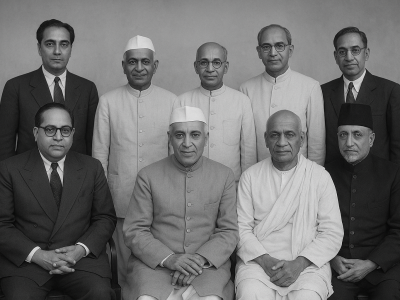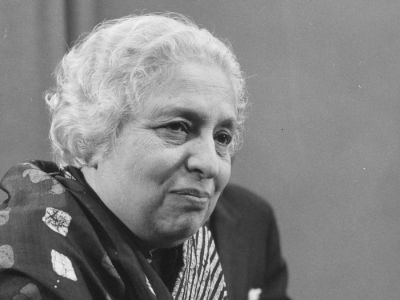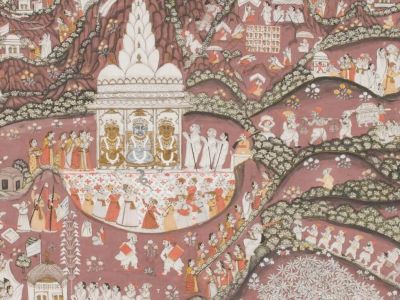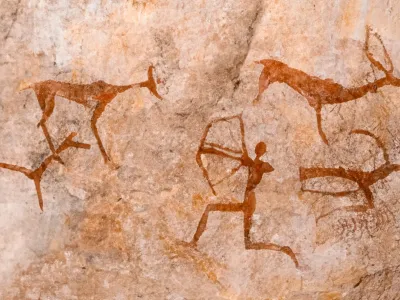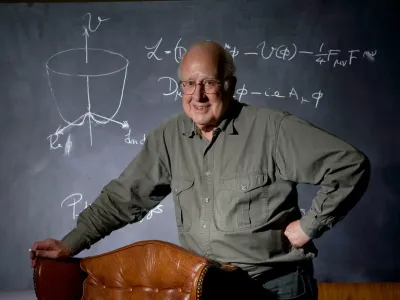Charles Darwin and Abraham Lincoln: Evolution and Emacipation
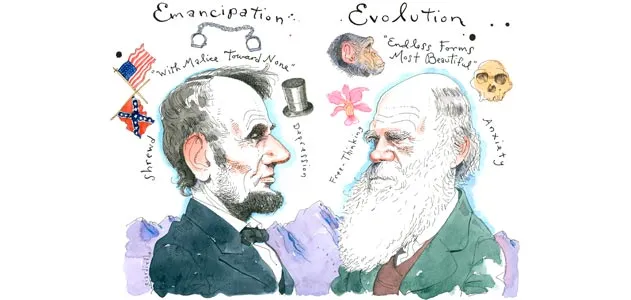
February 12th marks a significant day in history as it gave birth to two towering figures who left an indelible mark on the world, albeit in vastly different domains. On this day in 1809, Charles Darwin and Abraham Lincoln were born, their lives unfolding on opposite sides of the Atlantic Ocean, their trajectories seemingly disconnected. However, their legacies intertwined in the annals of history, converging on a singular point: the transformation of the world.
Charles Darwin: The Evolutionary Pioneer
Born in Shrewsbury, England, Charles Darwin revolutionized our understanding of life on Earth through his theory of evolution by natural selection. Darwin's seminal work, "On the Origin of Species," published in 1859, laid the foundation for modern biology and fundamentally altered how we perceive the natural world.
Darwin's groundbreaking ideas challenged entrenched beliefs about the origin and diversity of species, positing that all life forms are interconnected through a process of gradual, cumulative change over successive generations. His theory provided a unifying framework for understanding the diversity of life and the mechanisms driving evolutionary change.
Beyond his scientific contributions, Darwin's work sparked debates that transcended academia, touching on philosophical, religious, and ethical dimensions. His emphasis on the interconnectedness of all living beings and the continuity of life forms echoed across disciplines, fostering a deeper appreciation for the complexity and interconnectedness of the natural world.
Abraham Lincoln: The Emancipator of a Nation
In a log cabin in Hardin County, Kentucky, Abraham Lincoln was born into humble beginnings, yet his impact would resonate far beyond the confines of his early life. Lincoln rose to prominence as a self-taught lawyer, entering the political arena at a tumultuous time in American history.
Elected as the 16th President of the United States in 1860, Lincoln confronted the gravest crisis facing the nation: the issue of slavery and the specter of disunion. Through his leadership during the Civil War, Lincoln preserved the Union and delivered the Emancipation Proclamation, effectively abolishing slavery in Confederate-held territories.
Lincoln's unwavering commitment to the principles of equality, liberty, and democracy not only secured his place in history but also transformed the American landscape. His enduring legacy as the "Great Emancipator" remains a beacon of hope and inspiration, underscoring the resilience of democratic ideals in the face of adversity.
Convergence of Legacies
While Charles Darwin and Abraham Lincoln pursued divergent paths in their lifetimes—one delving into the mysteries of the natural world, the other grappling with the complexities of human society—their legacies converged on a profound truth: the power of ideas to shape the course of history.
Both Darwin and Lincoln challenged prevailing orthodoxy, defying conventional wisdom to advance bold and transformative concepts. Their courage in the face of adversity, their steadfast dedication to truth and justice, and their enduring impact on the world serve as a testament to the enduring power of visionary leadership.
On this auspicious day, as we commemorate the births of Charles Darwin and Abraham Lincoln, we celebrate not only their individual achievements but also the shared legacy they have bequeathed to humanity—a legacy defined by courage, curiosity, and a relentless pursuit of progress. As we reflect on their lives and contributions, may we draw inspiration from their example and strive to build a world guided by reason, compassion, and the enduring pursuit of truth.
